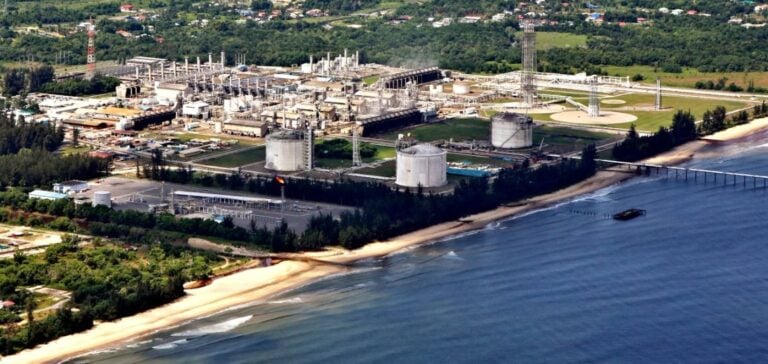Brunei LNG has reported an “operational incident” at its site, marked by visible flaring and increased noise levels, according to an announcement on social media. The company reassured the public that the situation is under control, with no risks to nearby communities or the environment.
Sources close to the company confirmed that the incident did not result from an explosion or fire. Brunei LNG’s internal teams are actively working to restore normal operations, with no injuries or material damage reported.
Limited Impact on the Asian Market
Singapore-based traders have indicated that end users have not been notified of changes to their LNG delivery schedules. Since Brunei LNG is not an active player in the spot market, its current contractual exports minimize any immediate effects on the regional supply.
However, experts note that a prolonged incident could complicate supply for contract buyers, especially during the high-demand winter season. In October, Brunei LNG shipped six cargoes, a modest volume that limits immediate market disruption but remains critical for certain long-term importers.
A Strategic Supplier for Japan
Brunei LNG’s primary export destination is Japan, which received 2.225 million tons of LNG from Brunei between January and September 2024, accounting for 4.5% of the country’s total LNG imports. These strategic deliveries underscore the importance of trade relations between the two nations.
Major Japanese players, such as JERA and Japex (Japan Petroleum Exploration), are currently assessing the potential impacts of the incident. JERA reported no immediate disruptions, while Japex continues to monitor the situation. Osaka Gas and Tokyo Gas had previously ended their long-term contracts with Brunei LNG in March 2023, marking a shift in trade flows.
Proactive Incident Management
In its official communication, Brunei LNG assured that the flaring and noise observed were controlled outcomes of the incident. The company reiterated that these occurrences posed no threat to the safety of residents, employees, or infrastructure.
This proactive management, coupled with robust safety measures, aims to minimize any future disruptions as the Asian market closely watches the situation’s developments.






















